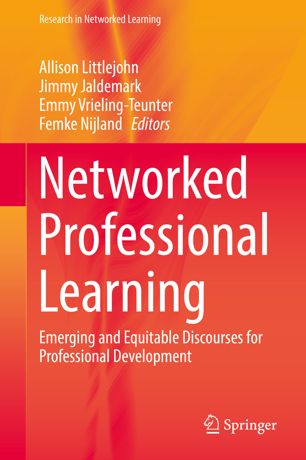

Most ebook files are in PDF format, so you can easily read them using various software such as Foxit Reader or directly on the Google Chrome browser.
Some ebook files are released by publishers in other formats such as .awz, .mobi, .epub, .fb2, etc. You may need to install specific software to read these formats on mobile/PC, such as Calibre.
Please read the tutorial at this link: https://ebookbell.com/faq
We offer FREE conversion to the popular formats you request; however, this may take some time. Therefore, right after payment, please email us, and we will try to provide the service as quickly as possible.
For some exceptional file formats or broken links (if any), please refrain from opening any disputes. Instead, email us first, and we will try to assist within a maximum of 6 hours.
EbookBell Team

0.0
0 reviewsOver the past decades a new form of professionalism has emerged, characterized by factors of fluidity, instability and continual change, leading to the necessitation of new forms of professional development that support agile and flexible expansion of professional practice. At the same time, the digitization of work has had a profound effect on professional practice. This digitization opens up opportunities for new forms of professional learning mediated by technologies through networked learning. Networked learning is believed to lead to a more efficient flow of complex knowledge and routine information within the organization, stimulate innovative behaviour, and result in a higher job satisfaction. In this respect, networked learning can be perceived as an important perspective on both professional and organizational development. This volume provides examples of Networked Professional Learning, it questions the impact of this emerging form of learning on the academy, and it interrogates the impact on teachers of the future. It features three sections that explore networked professional learning from different perspectives: questioning what legitimate forms of networked professional learning are across a broad sampling of professions, how new forms of professional learning impact institutions of higher education, and the value creation that Networked Learning offers professionals in broader educational, economic, and social contexts. The book is of interest to researchers in the area of professional and digital learning, higher education managers, organizational HR professionals, policy makers and students of technology enhanced learning.